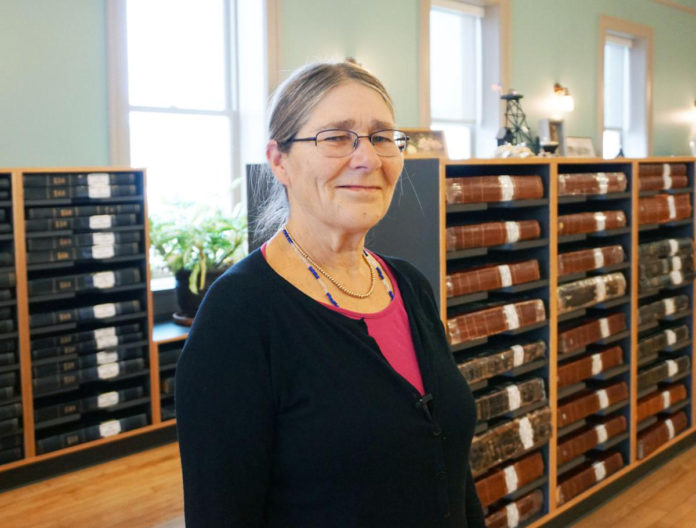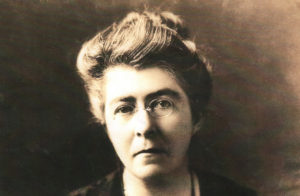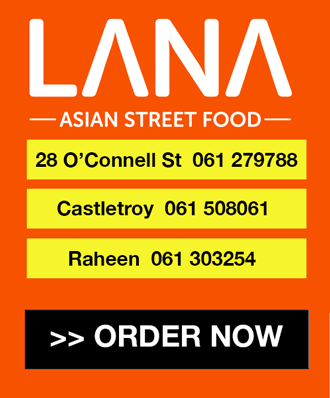
TO MARK the centenary of Irish women securing the right to vote, Newcastle West library is hosting a special talk on the woman who played a significant part in achieving that goal, Hanna Sheehy-Skeffington.
The daughter of Limerick parents, she campaigned tirelessly for women’s rights, for equality between men and women and for women’s right to vote.
Her life and times will be the theme of an illustrated talk in Newcastle West Library this Friday, May 25 by her granddaughter, Dr Micheline Sheehy-Skeffington who has continued the family’s radical tradition. She won a landmark Equality Tribunal case in 2014 when her claim that NUI Galway discriminated against her on gender grounds in a promotion round was upheld.
Hanna Sheehy-Skeffington had been politically conscious from childhood, born as she was, the daughter of Irish MP, David Sheehy from Broadford and Elizabeth McCoy from Ballyhahill. David Sheehy was involved in the ill-fated Fenian Rising of 1867, was a supporter of the Irish Republican Brotherhood and became MP for Galway and later for South Meath but took the side against Parnell in the split.
Hanna’s uncle, Fr Eugene Sheehy, was known as the Land League priest.
Ironically, her father had consistently voted against all female suffrage bills, something that was to shape Hanna’s view that women were marginalised within social movements.
Along with her husband, Francis Sheehy-Skeffington and Margaret Cousins, Hanna was a founder member of the Irish Women’s Franchise League in 1909

She was also a founder member of the Irish Women Workers Union and wrote regularly for the Irish Citizen newspaper which she and her husband established as an organ for progressive ideas. She was anti-Treaty but was unhappy with De Valera’s 1937 Constitution.
She believed the constitution maintained the same boundaries for women that the previous ruling elites had and in no way reflected the progressive efforts made by her and her comrades to increase opportunities for Irish women and bring them out of the confines of the kitchen.
Hanna felt that independence had been won for Ireland in name, but the wives, daughters and sisters of Ireland saw little change in their prospects.
Friday’s talk, which is free of charge, gets underway at 8pm.
Read more local news stories here.










